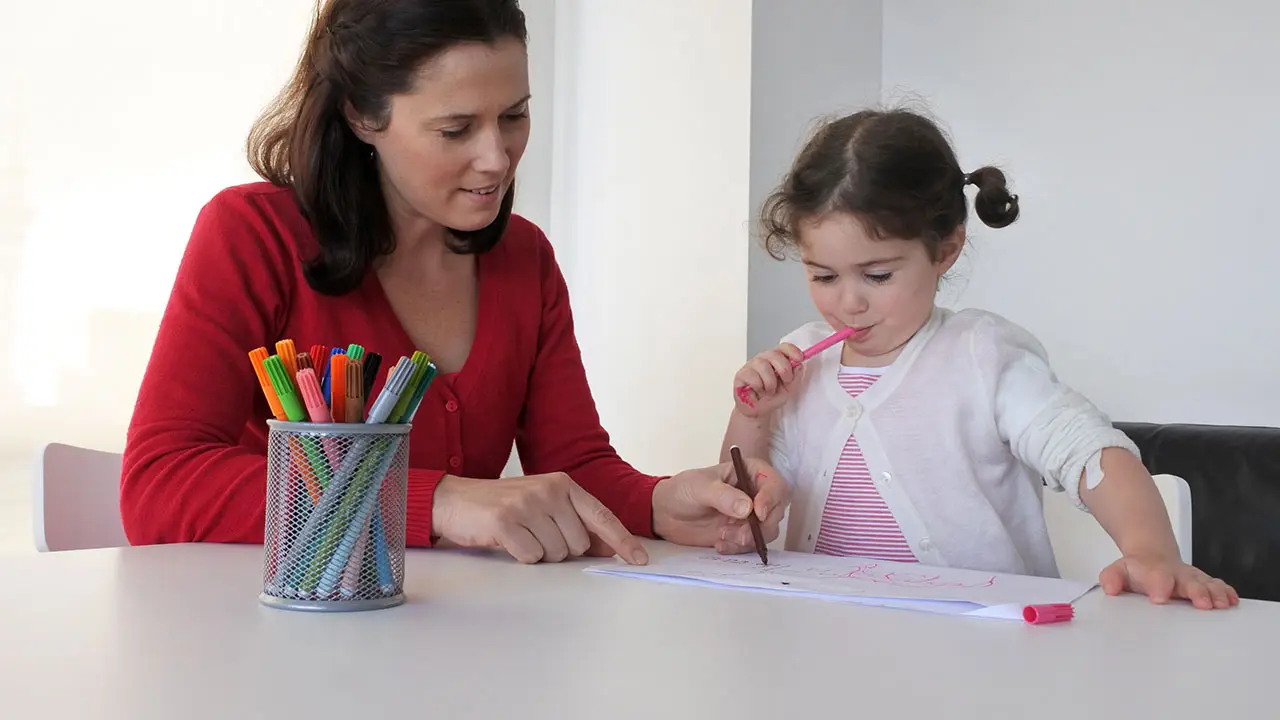Every student has unique talents and abilities and teachers have a crucial role in identifying, nurturing, and supporting the gifted students in their classes. However, this is not an easy task as it encompasses more than just academic excellence or high IQ scores. It requires a nuanced approach that goes beyond traditional metrics to truly recognise and nurture their exceptional abilities.
Needless to say, gifted students need an environment where they can explore, experiment, and learn according to their capabilities. In this article, we will discuss 5 ways that can help educators identify and support gifted students in their classes.
Observe Behaviour and Interests
Gifted students show distinct behaviour patterns and interests. They exhibit a curiosity for specific topics, and they tend to ask profound questions. They are motivated to learn new things, and they often prefer to work independently to seek challenges.
Teachers should observe their behaviour and interests to identify gifted students. They should also encourage students to pursue their interests and provide them with opportunities to explore.
Utilise Standardised Tests and Assessments
Using standardised tests to identify gifted school students can help determine a student’s intellectual abilities. Cognitive tests can measure a student’s non-verbal reasoning, verbal reasoning, and quantitative reasoning abilities.
Teachers can use these tests as a tool to identify students who have specific abilities and skills to learn at an advanced level. However, it is also essential to keep in mind that these tests should not be the only determining factor in identifying gifted students.
Leverage Differentiated Instruction
Differentiated instruction is a teaching approach that addresses the diverse learning needs of students. Teachers should use this approach to support and challenge gifted students.
Differentiated instruction can be achieved through individualised lesson plans, small group assignments, independent study, and problem-based learning. Teachers should determine the strengths and weaknesses of students, provide them with the appropriate level of challenge, and adjust instruction according to their progress.
Encourage Enrichment Programs
Enrichment programs are designed to provide additional learning opportunities to gifted students outside the regular curriculum. These programs can be in the form of summer camps, mentorships, competitions, online courses, or extracurricular activities.
Teachers should encourage students to participate in enrichment programs to develop their interests and advance their skills. Enrichment programs can also help students to build a network of peers who share similar interests.
Collaborate with Parents
Parents play a crucial role in supporting and nurturing gifted students. Teachers should collaborate with parents to create a supportive learning environment for gifted students. They should also provide parents with information about their child’s strengths and weaknesses, learning styles, and interests.
Parents, on the other hand, can provide additional learning resources, mentorships, and emotional support to their children. Collaboration between teachers and parents can help to identify and support gifted students better.
In Summary
Identifying and supporting gifted students requires a nuanced approach that goes beyond traditional metrics. It involves observing their behaviour and interests, encouraging their pursuits, and utilising standardised tests and assessments. By creating an environment that allows gifted students to explore and learn according to their capabilities, educators can nurture their exceptional abilities and help them reach their full potential.




